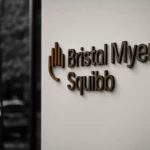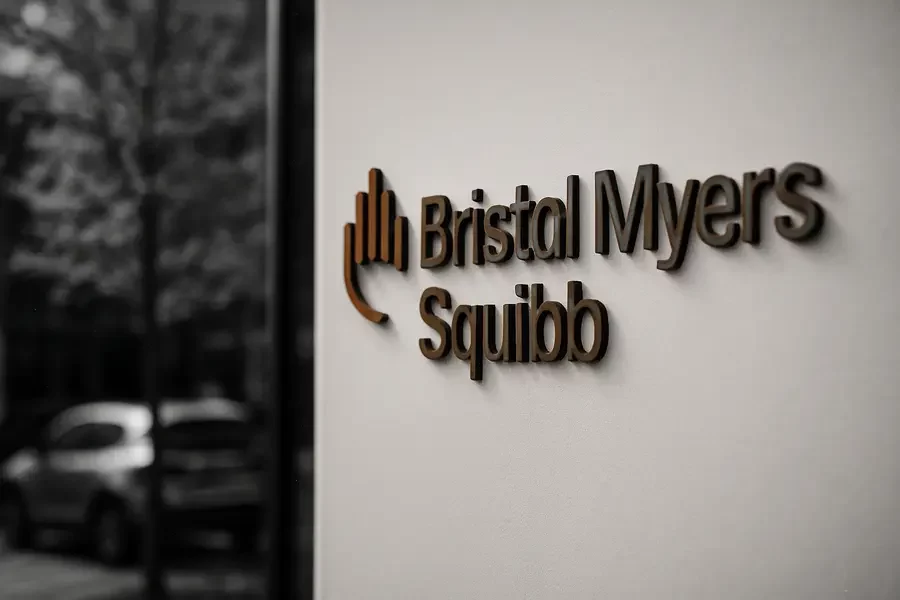NEW YORK, October 10, 2025 – Bristol Myers Squibb (BMY.N) agreed to acquire cell therapy developer Orbital Therapeutics for 1.5 billion cash, expanding its immunotherapy capabilities.
The acquisition strengthens Bristol Myers’ position in the rapidly growing cell therapy market and adds innovative in vivo CAR-T technology that could simplify treatment delivery for autoimmune disorders.
- 1.5 billion all-cash deal for privately-held Orbital Therapeutics
- Expands Bristol Myers’ CAR-T cell immunotherapy portfolio significantly
- Adds promising in vivo technology for autoimmune treatments
Strategic Positioning in Cell Therapy
The deal centers on Orbital’s lead experimental candidate, OTX-201, which represents a new approach to CAR-T cell immunotherapy 1. Unlike traditional CAR-T treatments that require extracting, modifying and reinfusing patient cells, Orbital’s in vivo technology delivers genetic instructions directly into the body.
Bristol Myers joins other major pharmaceutical companies investing heavily in next-generation cell therapies. The acquisition price reflects premium valuations in the biotech sector, where promising early-stage assets command significant multiples.
Technology and Pipeline Benefits
Orbital’s platform focuses on RNA medicine and in vivo CAR-T cell therapy capabilities, potentially making cell therapies more accessible for autoimmune disorders 2. The technology could address current limitations of CAR-T treatments, including complex manufacturing processes and high costs.
Bristol Myers has been actively building its cell therapy portfolio through acquisitions and partnerships. The company’s existing CAR-T franchise includes approved treatments for blood cancers, generating hundreds of millions in annual revenue.
Market Context and Competitive Landscape
The global CAR-T cell therapy market is expected to grow significantly over the next decade as treatments expand beyond blood cancers into solid tumors and autoimmune diseases 3. Major competitors including Gilead Sciences, Novartis, and Johnson & Johnson are also investing in advanced cell therapy platforms.
Bristol Myers’ acquisition follows a pattern of large pharmaceutical companies purchasing innovative biotech firms to access cutting-edge technologies. The 1.5 billion price tag reflects confidence in Orbital’s platform potential despite early-stage development status.
Financial Terms and Timeline
Under the agreement terms, Bristol Myers will pay the full 1.5 billion in cash at closing, subject to customary closing conditions 4. The deal is expected to close in the coming months pending regulatory approvals and other standard requirements.
Bristol Myers has not disclosed specific revenue projections or development timelines for Orbital’s pipeline candidates. The acquisition represents part of the company’s broader strategy to diversify its oncology and immunology portfolios ahead of key patent expirations.
Not investment advice. For informational purposes only.
References
1(October 10, 2025). “Bristol Myers Squibb Strengthens and Diversifies Cell Therapy Portfolio with Acquisition of Orbital Therapeutics”. Bristol Myers Squibb Press Releases. Retrieved October 10, 2025.
2(October 10, 2025). “Bristol Myers buys Orbital Therapeutics for 1.5 billion in cell therapy”. CNBC. Retrieved October 10, 2025.
3(October 10, 2025). “Bristol Myers buys Orbital Therapeutics for 1.5 billion in cell therapy”. Reuters. Retrieved October 10, 2025.
4(October 10, 2025). “BMS inks 1.5B deal to pull Orbital into its sphere of influence”. FierceBiotech. Retrieved October 10, 2025.

